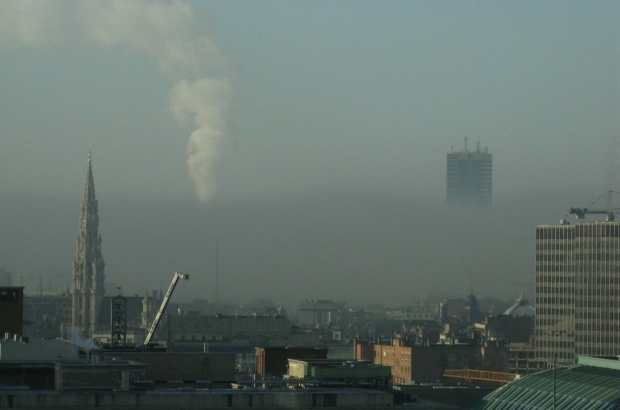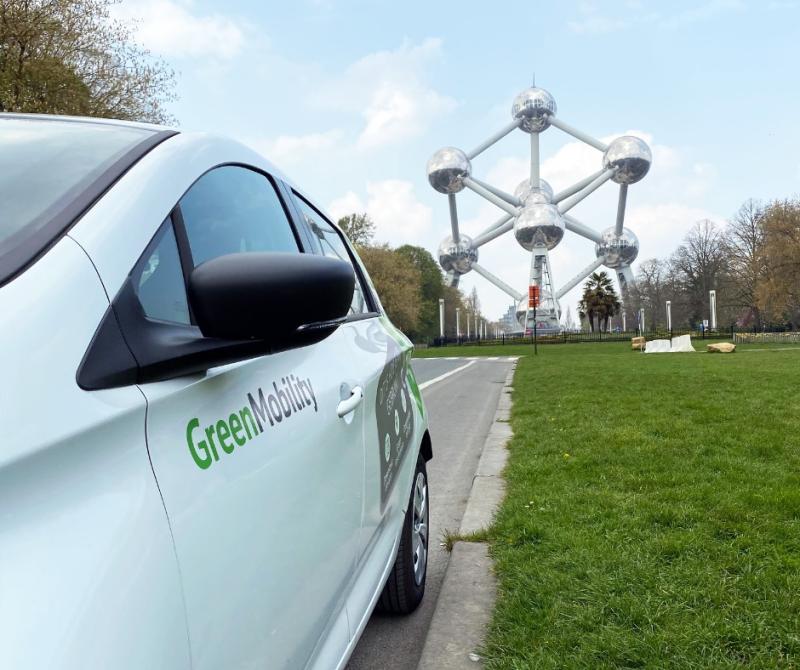Brussels must step up measures to combat air pollution, experts warn

Brussels needs stronger measures to combat air pollution from car traffic, an open letter from 140 health and environmental experts has warned.
Green Mobility car-share company leaves Brussels and Ghent for lack of profit

Electric car-sharing company Green Mobility has announced that it is leaving Brussels and Ghent, citing unprofitability.
Belgium considering banning short-hop flights in potential European first

Belgian mobility minister Georges Gilkinet (Ecolo) is proposing that the federal government bans short-haul flights taking off and landing in Belgium, reports RTBF.
100 Belgian rail stations to offer free drinking water

Anyone travelling by train in Belgium will be able to fill up their bottles with free filtered tap water in 100 stations by the end of 2024, Belgian railway operator SNCB has announced.
Flooding in West Flanders could be recognised as natural disaster

The flooding that took place in West Flanders along the French border will “very probably” be recognised as a natural disaster by the Flemish government, according to Flemish minister-president Jan Jambon.
New Belgian mobile operator pledges to be carbon-neutral

A new Brussels-based mobile operator by the name of Undo is promising carbon-conscious offerings to its customers.
Energy certificates for homes under investigation for being unreliable

The energy certificates issued by the Brussels government that often determine whether a house meets certain mandatory standards are being called “unreliable and subjective”, according to critics.
Reusable cups still elude major Belgian music festivals

Organisers of three major music festivals in Belgium this summer have asked to be made exempt from new Europe-wide regulations on single-use plastic.
‘No Mow May’: Leave grass alone for biodiversity benefits

A number of Brussels municipalities, and even the King of Belgium, are participating in “Maai Mei Niet”, or No Mow May.

